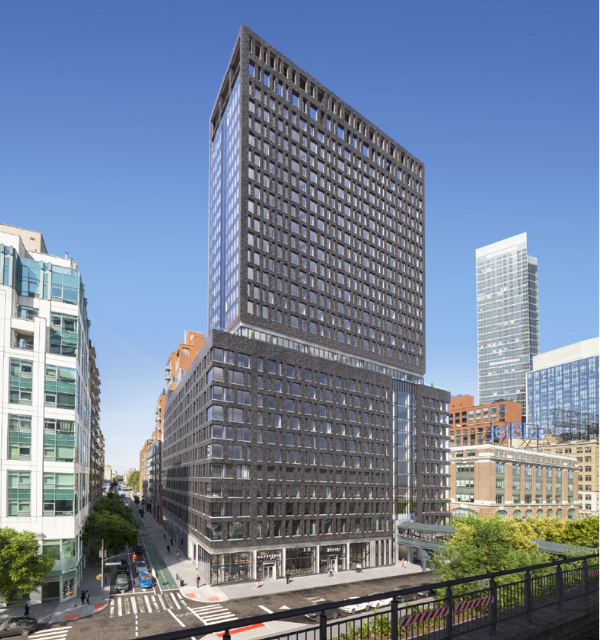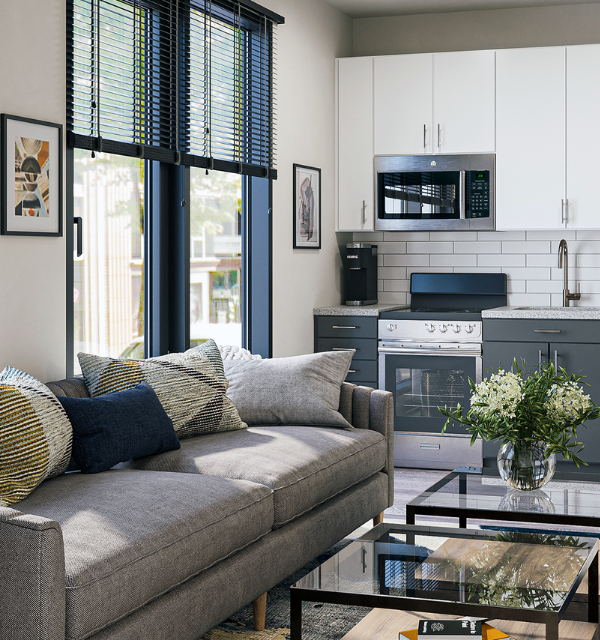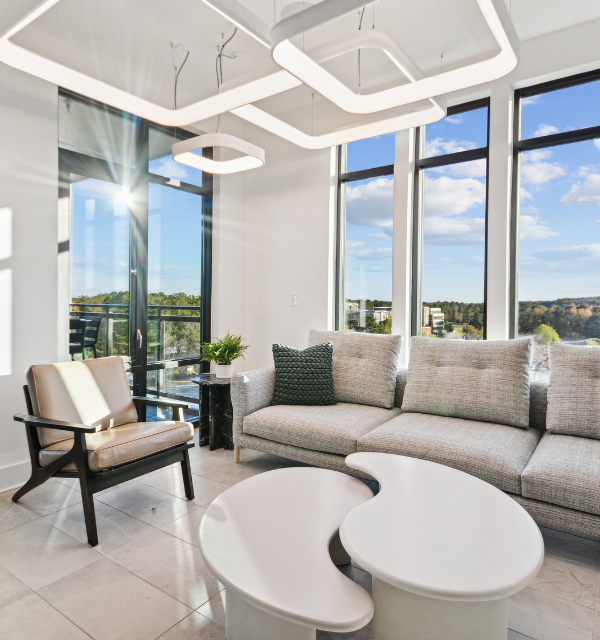- TAGS: Link Apartments
Creating the Urban Dream Five Years Later
By CEO Clay Grubb
April 30, 2025
On the fifth anniversary of the publication of my book Creating the Urban Dream: Tackling the Affordable Housing Crisis with Compassion, I’m reflecting on some of the ideas I outlined then to keep the housing affordability dialogue going.
In hindsight, there probably wasn’t a less auspicious time to launch a book about the U.S. housing affordability crisis. Spring 2020 was dominated by the rapid spread of the COVID-19 pandemic, tragically resulting in millions of deaths worldwide. U.S. schools and businesses shut down and unemployment soared. In the housing market, following an initial pandemic-induced demand shock, developers faced severe supply chain disruptions and labor shortages just as pent-up demand resurged.

Some of the ideas I put forth in my book were and remain controversial; some less so. A good many would require an overhaul of federal, state and local policies and regulations around construction, housing, immigration, financing, and taxes. Others would necessitate shifts in societal norms.
Most important, perhaps, are those that demand leadership from the housing industry. These include a number of strategies my team at Grubb Properties and I work toward daily as we build, own, and manage our Link Apartments® communities. We’re intent on implementing efficiencies to drive down the rental price for a unit while providing the amenities and excellent service that residents prioritize.
One way we do that is by, as I described it in the book: “Put[ting]the pedestrian, the bicycle and the scooter ahead of the car in urban areas.” As was the case then, our society continues to move away from the car-ownership culture, with the increasing popularity of Uber and other ridesharing services including “robotaxis” that offer autonomous rides.
Furthermore, the high costs of car ownership continue to rise, providing more incentive for Americans to go car-free. According to AAA, the annual costs of owning a new car is $12,297 in 2025, up more than $2,700 since 2020. Potential new tariffs are expected to lead to still higher prices for both new and used cars, as well as higher repair and insurance costs.

I believe some of the nation’s most advanced car-free housing innovations are found at Link Apartments® CYKEL, our new 104-unit multifamily community in notoriously car-dependent Charlotte, North Carolina. Through its very design and unique menu of amenities, Link Apartments® CYKEL encourages a car-free lifestyle that addresses Charlotte’s shortage of both affordable and essential housing and the city’s plan to transition away from a dependency on cars. The building has zero parking spaces for residents, offering instead amenities and a location that encourage and enable the use of alternate forms of transportation.
In my book, I also advocated the elimination of parking minimums. Thankfully, hundreds of cities, often working shoulder to shoulder with eager-to-build developers, already have cut back parking requirements for real estate projects during the past five years. Today, dozens more are considering doing so.
Limiting – or eliminating – parking helps reduce the cost of construction. That means we can pass these savings on to our Link Apartments® residents in the form of lower rents. And because parking spaces consume valuable land and air space, limiting or eliminating them allows us to build more units than otherwise would have been possible, further addressing the nation’s undersupply of housing. On average, Grubb Properties’ multifamily communities now utilize 37% less parking than traditional communities have historically used.
Going forward, I believe housing developers – not government – will need to spearhead efforts to solve America’s housing affordability crisis. That will require all of us in the industry to continually transform how we design, fund and build communities. Of course, we should welcome and work with willing partners in the public sector who understand the need to change what we do to meet this crisis.
I’m inspired by the fortitude and creativity of my industry colleagues. We’ve battled unceasing macroecomic headwinds during the past five years. Going forward, we’ll need to maintain our creative thinking, a willingness to work hard, and an open mindset to the possibilities.

Clay Grubb
Chief Executive Officer of Grubb Properties



 |
|






